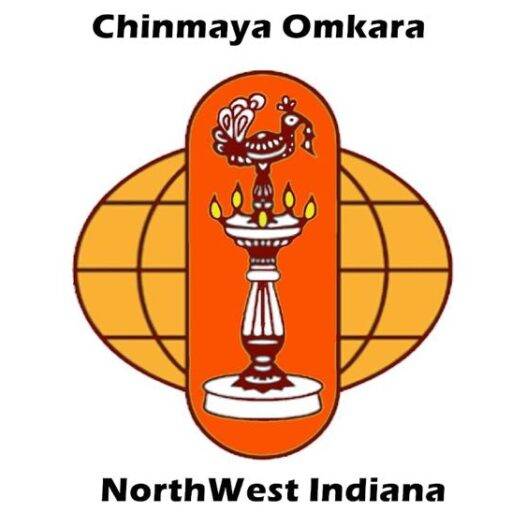What is Sacrifice
Introduction
All that we need in life is free. All that we don’t need in life is expensive. “The life unexamined is not worth living,” as shared by Socrates.
A life unexamined is worth less. We all wonder how to make life more worthwhile?
Prince Arjuna had the same questions and so we are using him to direct and clarify our questions.
Review:
The simple answers — because if the answer is simple, you can remember it, and if you can remember it, you can practice it.
What is peace? Quietude.
What is sin? Agitation.
What is righteousness? Responsibilities.
What is prioritization? Clarity.
What is grief? Confusion.
What is efficiency? Simplicity.
Actions are in the present and in our control; results are out of the present and out of our control.
If we have complex goals in life, we will become complicated. We get dragged into living for results, becoming more insistent and controlling.
So we must live for the action. Efficiency is simplicity — when the goal is simple, it’s as if the result and the action are built in together, so you’re in the present and in control.
Prince Arjuna’s Question: Chapter 2, Verse 54
“What, O Keshava, is the description of him who has steady Wisdom and who is merged in the Superconscious state?
How does one of steady Wisdom speak, how does he sit, how does he walk?”
Prince Arjuna asks Lord Krishna to describe someone who has engaged in samadhi.
Samadhi is when the ego is well and fully placed in the spirit. Prince Arjuna asks four questions: the one who is enlightened, who is free, how do they think? How do they speak? How do they sit? How do they walk?
Lord Krishna’s Answer: Chapter 2, Verse 55
“When a man completely casts off O Partha, all the desires of the mind and is satisfied in the Self by the Self, then he is said to be the one of steady-Widsom.”
If one doesn’t have desires (eshana) then they don’t have vasanas (a blueprint).
If they don’t have vasanas, then they don’t have avidya (confusion). The one who smiles (is enlightened) doesn’t have desires, so they don’t have the limits of a blueprint, which means they have not forgotten they are Happiness.
If one doesn’t have desires, one doesn’t have thoughts either. If you don’t have thoughts, you don’t have actions.
When one doesn’t have a desire, they don’t act for fulfillment, but out of fulfillment. Thoughts and actions become selfless.
Those who are enlightened come to know who they are, Brahman or infinity. Our infinite nature is independent joy and that will never change.
Furthermore, those who are enlightened not only know values, but also live virtuously. They live truthfully.
What is sacrifice?
Sacrifice stems from dedication. When one is dedicated to the deepest part of who we are, they sacrifice what is not deepest.
We dedicate time and effort to that which is important and let go of that which is not.
Sacrifice is opportunity; opportunity to dedicate to that which is higher and sacrifice that which is lower.
Reflection: In a time when you had to sacrifice a “lower” desire for a “higher” goal, what were the feelings you experienced? Surreal!
We tend to sacrifice the higher for the lower; but when we are living in a dedicated way, we sacrifice our own wants for the needs of others.
In those moments, we feel physically, mentally, intellectually stronger.
Questions:
- What can you do when a parent/relative passes away and you are not able to attend the ritual in India?
- You can only do what you can do. There is no need to be agitated by barriers you can’t navigate around.
- Our loved ones who pass away want us to be happier and to continue to follow our dharma, which is the best ritual.
- We are superstitious and this prohibits us from practicing, from living the Gita.
2. Is Shruti (revelations) the same as intuition?
- Not for us. Revelations come to those with a very deep quietude.
- While many people may have had an apple fall on their head, only Newton was the one who referenced that to laws of the Earth.
3. What does the saying “The more you identify with the Lord of your Heart, the closer you get to Him” mean?
- Your identification is ego. We identify with where we were born or where we live now. When our ego identifies with the Lord more, we think less about our own bodies, minds, intellects and think more about God’s body, God’s mind, God’s intellect.
RAW from Oct 22nd: What are two ways you have been living the Gita? In only seven weeks, we have changed so much! Vivekji’s two ways: knowing about the world less and catching yourself when you’re jealous as an indicator of what you feel is important.
RAW for Oct 29th: No more RAWs! They are already built into the book Prince Arjuna’s Questions.

